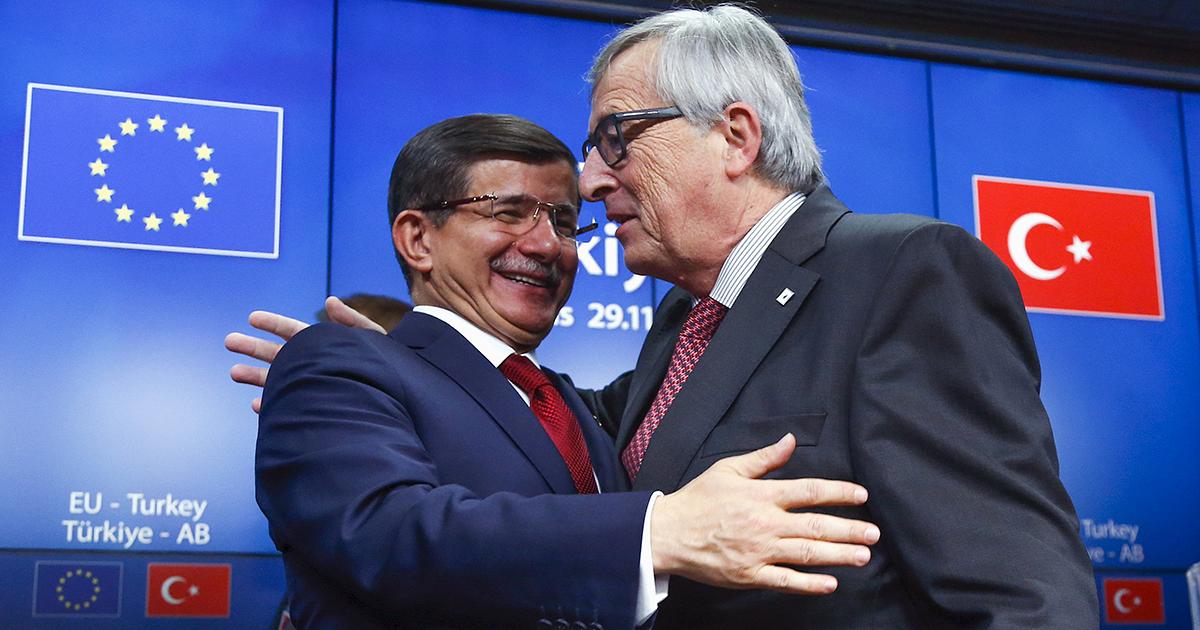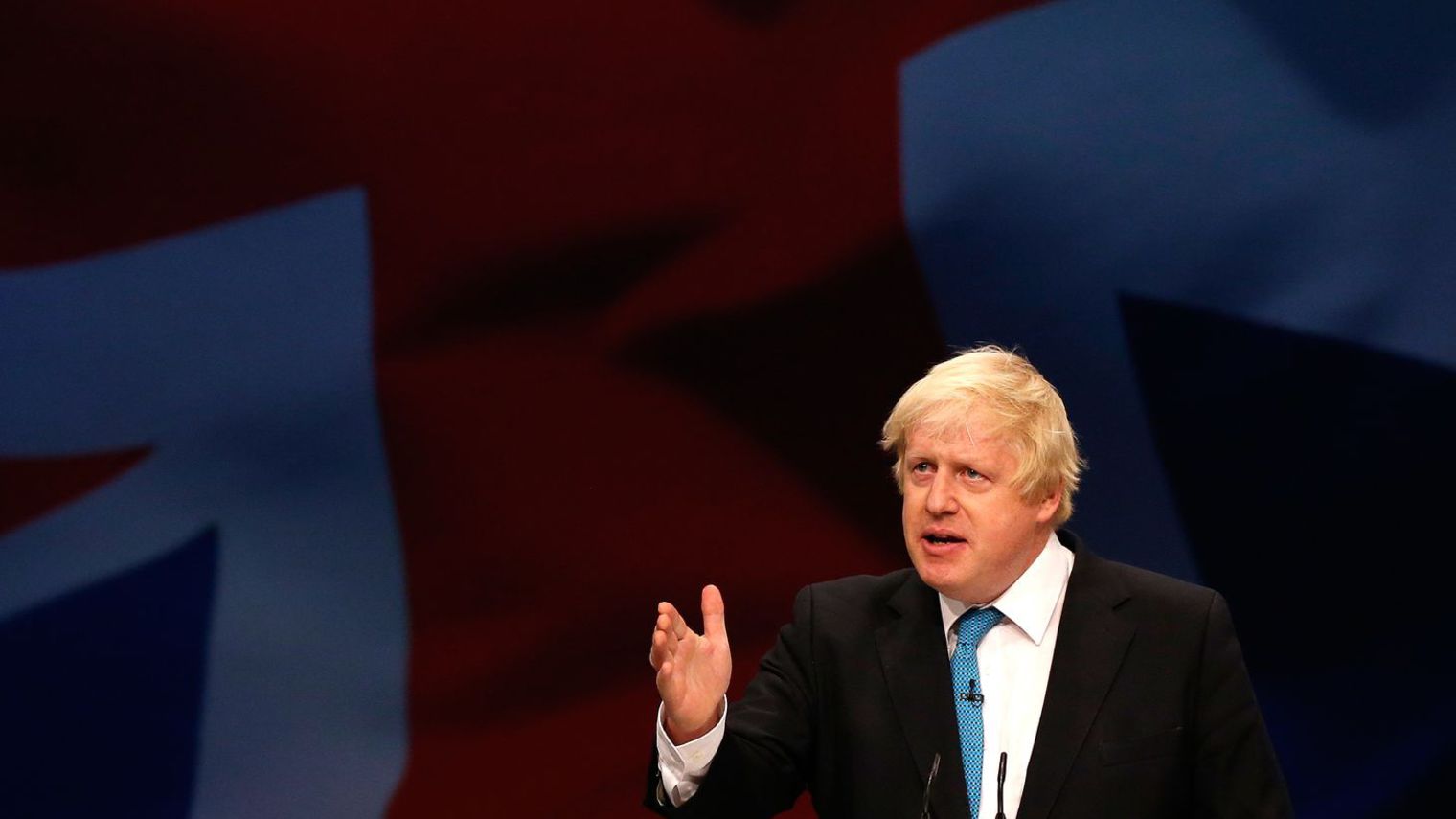
[toggler title=”DISCLAIMER” ]All opinions in this column reflect view of the autor(s), not of Vocal Europe[/toggler]
Transparency is a big and oft-heard word these days in Brussels. Every week dozens of private companies and nonprofits register for the EU’s Transparency Register, a mandatory step in order to obtain easy access to the European Parliament and the Commission. While voices have become louder to put corporate lobbyists under even more scrutiny, it’s worth looking at how transparent certain EU funding programs and their grantees are.
In one example, the trade economist Matthias Bauer revealed in a paper for the European Centre for International Political Economy (ECIPE) that the EU Commission funded anti-TTIP advocates. Apparently numerous anti-trade groups have only been possible thanks to the funding of the EU and some national governments like Germany. It took researchers and journalists a long time to find evidence of this counter-intuitive funding policy. This is mainly due to the absolute lack of transparency when it comes to accessing a consolidated list of EU funding grantees.
A more transparent approach with who receives taxpayers’ money might be a good way to prevent the EU funding projects that push for the exact opposite of the EU’s policy goals such as realizing trade agreements with non-EU countries.
These findings are echoed by the so-called Pieper-Report compiled by the German conservative MEP Markus Pieper. He sees double standards in how private enterprises and civil society groups are being treated when it comes to transparency. The report asks to defund taxpayer-funded NGOs that spread misinformation and untruths. A study commissioned by the parliament’s CONT committee came to similar findings and acknowledged the intransparency of EU-funded NGOs.
A recent example of these double standards can be seen in Monsanto being banned from the European parliament due to alleged interference with the design of a study on the impact of Glyphosate on health. At the same time, the WHO cancer agency IARC left out crucial parts of their assessment of Glyphosate before publishing the report that has been quoted so often as a reason why the herbicide should be banned.
So far no MEP initiatives to ban the WHO from the European Parliament or halt sending EU delegations to WHO conferences could be observed. Neither have any of the NGOs following the IARC’s lead of promoting modified study findings experienced any consequences. Locking out entire groups from the consultation process is highly undemocratic in should not happen in open societies.
The Israeli group NGO Monitor has traced a lot of funding openly anti-Semitic groups send back to the EU. NGO Monitor describes the structure of EU funding as highly complex and poorly coordinated and queries the lack of a consolidated database differentiating mere aid and ideological grantees.
While the Brussels-based organization Corporate Europe (CEO) does not receive any public grants, the group claims the moral high ground in the transparency debate for themselves. CEO is always very fast with pointing at other lobby groups alleging them of not complying with EU transparency standards. At the same time, the major funder behind CEO is the opaque Isvara Foundation funded by “admitted” anti-Semite Ayman Jallad who made a fortune by holding the sales monopoly for Caterpillar in several Arab countries.
One can only wonder with which intentions he funds CEO at nearly 200,000 Euros a year. The self-proclaimed watchdog of corporate influence in Brussels calls for transparency but they don’t even add an author’s name to posts on their website. CEO staffers attending events have often been caught not using their CEO-affiliation when registering but private emails in order to conceal the actual reason they attend conferences.
All in all, one must conclude that there are obvious double standards in Brussels when it comes to applying transparency to corporate lobbies and to civil society groups. While many of the latter ask for even tougher rules for companies they might want to have a sober look on how little transparency is currently practiced in taxpayer-funded NGO programs.
Publicly funded NGOs often justify their subsidies are necessary in order to create a level-playing field between business and civil society. But what about bringing in some equality in transparency-standards? Once society has a clearer overview of who actually receives EU funding, the decision of whether there’s an imbalance can be much easier made.



